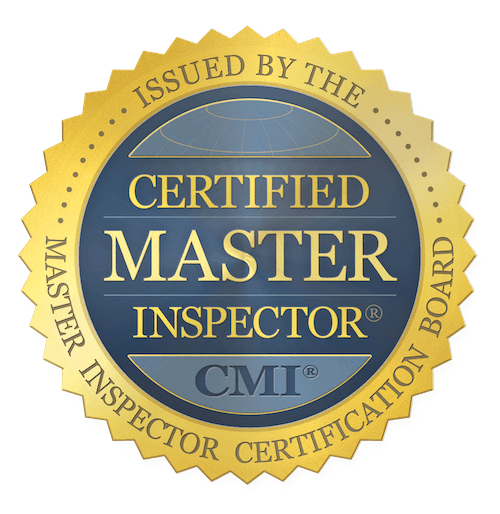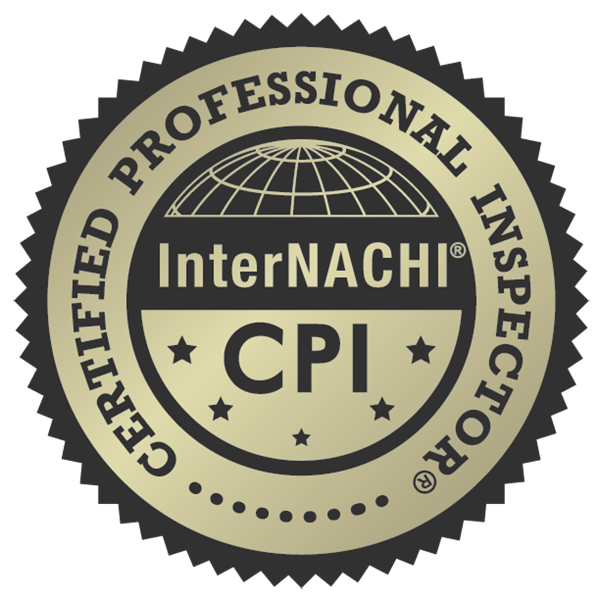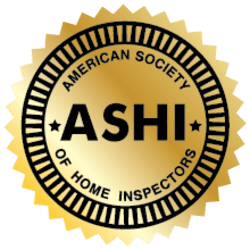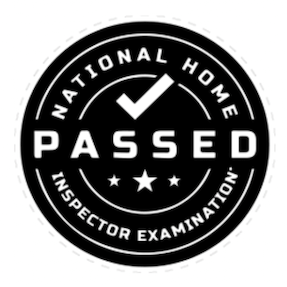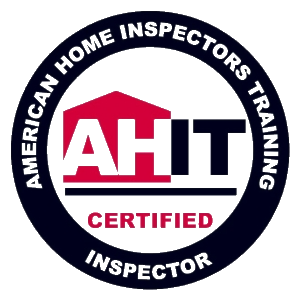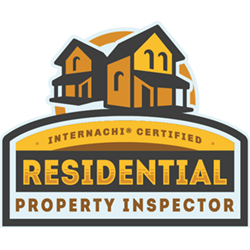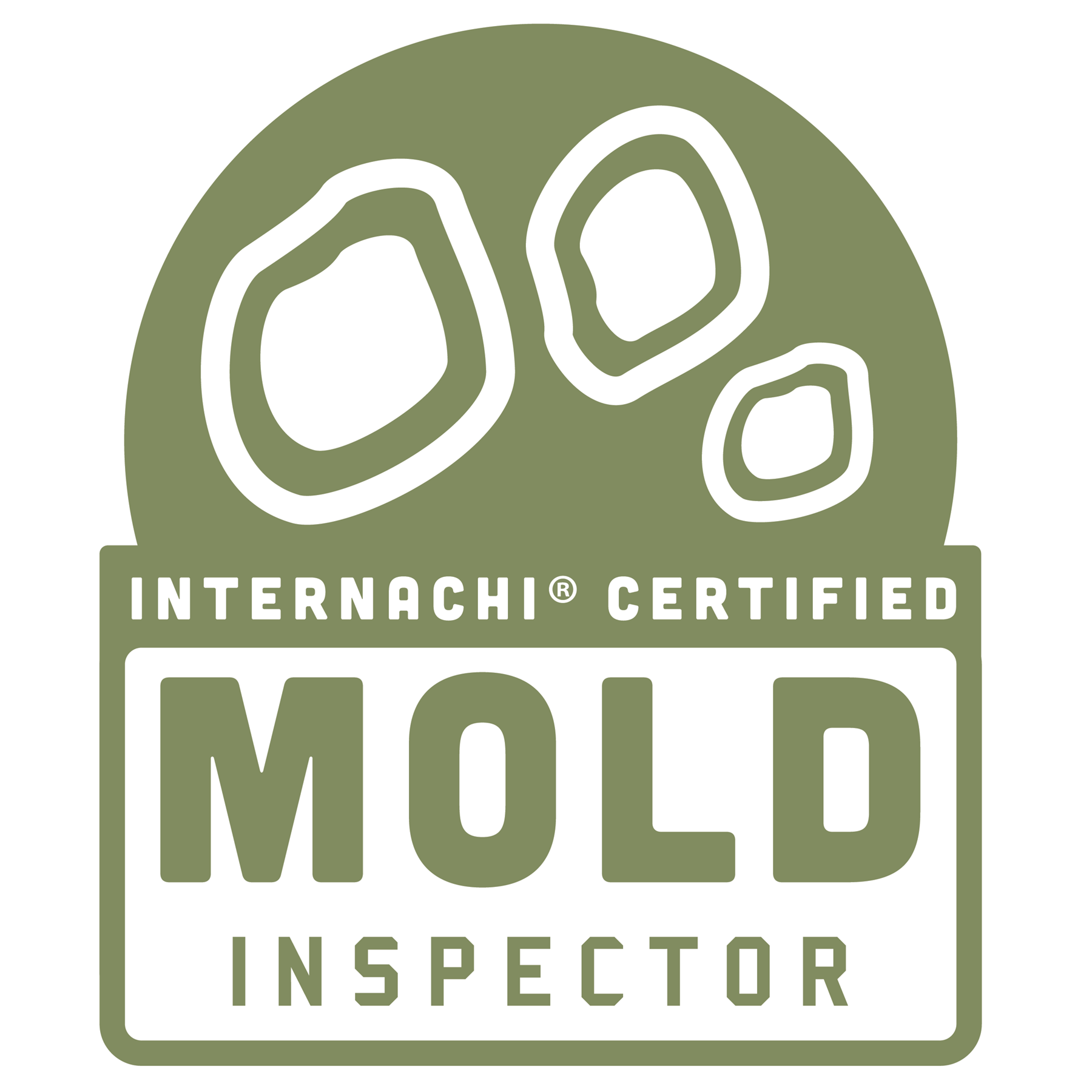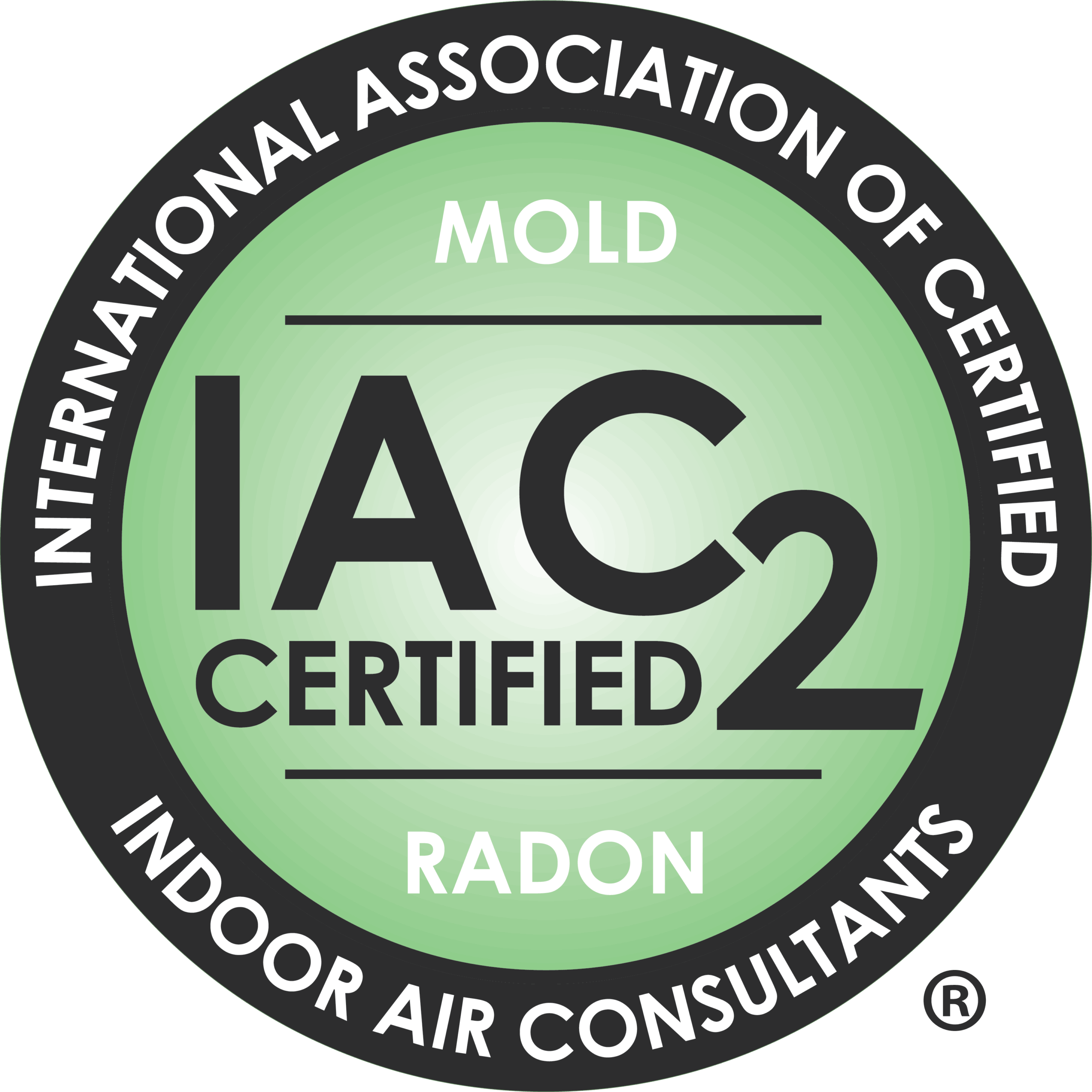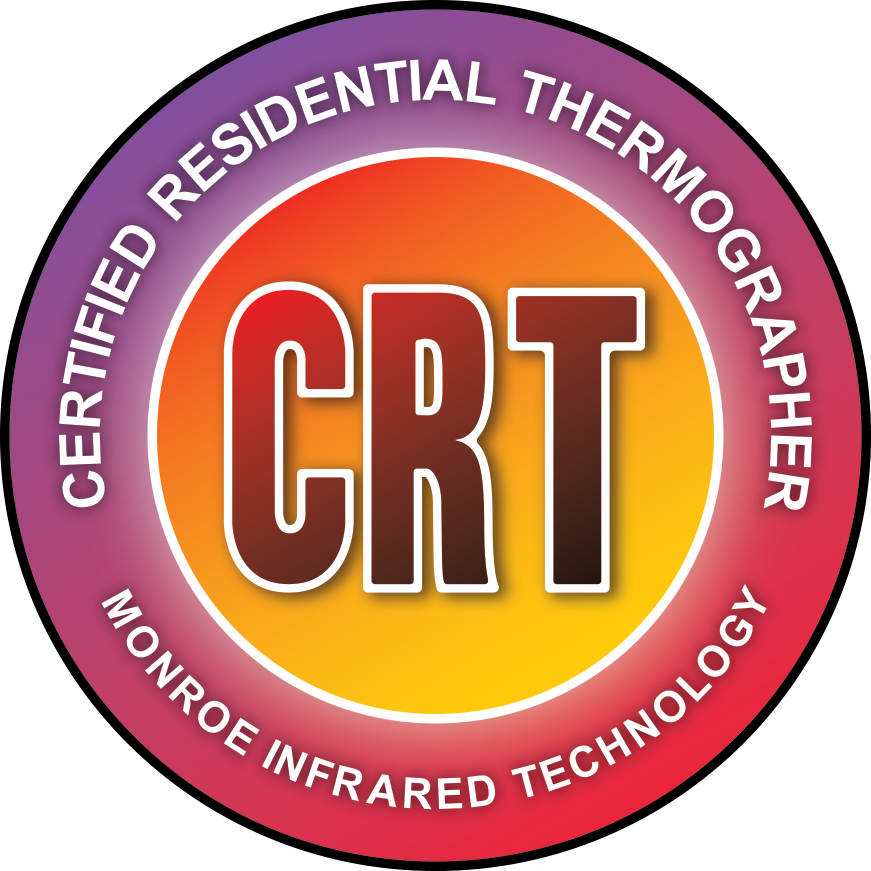You may need a Radon Test to enhance your peace of mind
A radon test measures the levels of radon gas present in a home. High levels of radon gas can be dangerous and increase the risk of lung cancer. The performance of a radon test is determined by the accuracy and reliability of the test device used, as well as the proper implementation of the testing process. A successful radon test should provide a clear and concise reading of the radon levels in a home, indicating whether or not further action is necessary to reduce exposure to the gas.
Experience
Look for a company with a proven track record of conducting accurate and reliable radon tests.
Equipment
Customer Service
Certification
Look for a company that is certified by a reputable organization, such as the National Radon Safety Board or the National Radon Proficiency Program.
Steps To Getting Radon Testing
No suprises
Schedule a Radon Test
Determine if you need radon testing based on the presence of radon in your area, the age of your home, and other factors that may increase your risk. Determine where the test will be placed in your home, typically in the lowest lived-in level, to get an accurate reading. Determine the test duration. The length of the test will depend on the type of test performed, but typically lasts between 48 hours and 90 days.
Perform The Test
A radon test measures the levels of radon gas in a home to determine if it is safe. A radon detection device is placed in the home for a specified amount of time and then analyzed to give a reading of the radon levels. This helps homeowners determine if they need to take action to reduce their exposure to radon gas.
Review explained
Review explained
Mitigation
If high radon levels are found, a professional can assist with reducing the levels in the home through radon mitigation techniques such as sealing foundation cracks, increasing ventilation, or installing a venting system. This helps ensure the home is safe and healthy to live in.
Review explained
Follow-up
Regular radon testing is a crucial step in ensuring the safety and health of a home. Radon is an odorless, tasteless, and invisible gas that can seep into homes through cracks and gaps in the foundation. Long-term exposure to elevated levels of radon gas can increase the risk of lung cancer, making it important to regularly monitor the levels of radon in a home. By conducting regular radon tests, homeowners can detect any increase in radon levels and take the necessary steps to reduce exposure to the gas. This helps ensure that the home remains a safe and healthy living environment for all its occupants. Regular radon testing is recommended by many health and environmental organizations, and is an important part of responsible home maintenance and ownership.
What we look at
During a radon test, we assess radon levels, device placement, testing accuracy, laboratory analysis results, and health effects information. Recommendations for reducing radon exposure may also be provided.
Radon levels in the air
Concentration of radon gas in Becquerels per cubic meter (Bq/m3)
Recommendations for further action if necessary
Frequently Asked Questions
What is radon?
Radon is a naturally occurring gas that can seep into homes through cracks and gaps in the foundation. It is an odorless, tasteless, and invisible gas that can increase the risk of lung cancer with long-term exposure.
How is a radon test performed?
A radon test is performed using a radon detection device placed in the home for a specific period of time. The device measures the radon levels in the air and provides a result that can be used to determine the safety of the home.
How much does a radon test cost?
The cost of a radon test can vary depending on the company and the type of test performed. On average, a radon test can cost between $100 and $300.
How often should I have my home tested for radon?
It is recommended to have your home tested for radon every two years, or anytime you make changes to the home that may affect radon levels.
How long does a radon test take?
A radon test typically takes between 48 and 96 hours to complete.
What should I do if my home has elevated radon levels?
If your home has elevated radon levels, a qualified professional can assist with radon mitigation to reduce the levels in your home and ensure your safety. This may involve sealing cracks and gaps in the foundation, installing a ventilation system, or other techniques.


